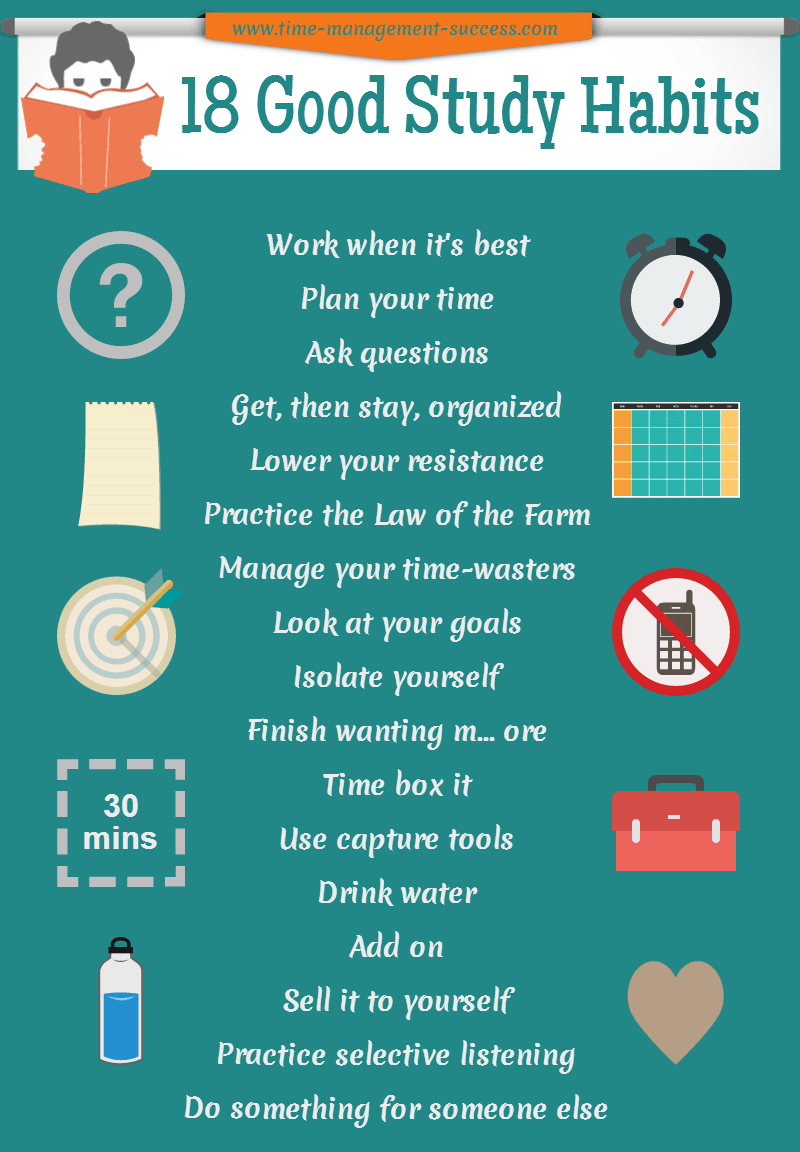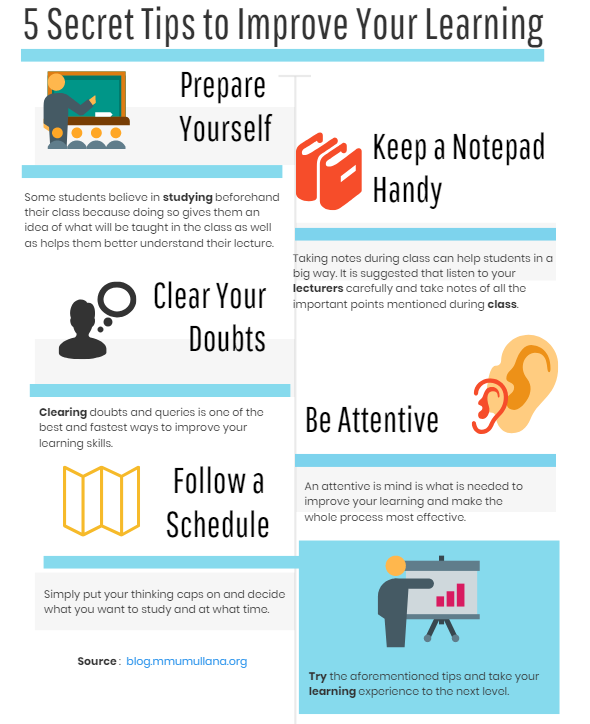Improve Study Skills: Proven Strategies for Academic Success
Improving study skills is crucial for anyone aiming to achieve academic success. Whether you’re a high school student, a university undergraduate, or someone pursuing further education, the right study techniques can make all the difference. In this article, we will explore effective strategies that help you improve your study skills, retain information better, and perform exceptionally well in your exams.

Why Study Skills Matter
Study skills are not just about memorizing facts for exams—they are about learning how to learn effectively. Strong study skills help you organize your work, focus on what’s important, and retain information for the long term. Without these skills, students often feel overwhelmed, stressed, and unprepared, especially when exams are approaching.
Developing solid study habits will allow you to optimize your learning process, make the most of your time, and ensure you’re truly understanding the material rather than just memorizing it.
1. Set Clear and Achievable Goals
One of the most important aspects of improving your study skills is setting clear goals. Goal-setting provides direction and motivates you to stay on track.
Break Down Your Goals
Start by setting long-term academic goals, such as graduating with honors or mastering a particular subject. Once you’ve established these larger goals, break them down into smaller, manageable objectives. For example, aim to cover a specific chapter of your textbook each week or improve your grades on individual assignments.
-
Use tools like Google Keep or Notion to track your progress.
-
Regularly reassess your goals to ensure they remain realistic and challenging.

2. Create a Productive Study Environment
Your environment plays a huge role in your ability to focus and absorb information. Creating a distraction-free study space is essential for optimal learning.
Find a Quiet Place
Choose a location that is free from distractions—libraries or quiet rooms are ideal. Avoid studying in places where you might be easily distracted, like cafes or your bedroom with a TV. A focused environment will allow you to concentrate better and retain information faster.
Organize Your Space
Keep your study area clean and organized. Use shelves or drawers to store your study materials neatly, and keep only essential items within reach. This not only minimizes distractions but also helps you stay mentally organized.
-
Use desk organizers to keep your supplies within easy reach.
-
A clean environment boosts productivity and helps reduce stress.
3. Use Active Learning Techniques
Passive reading and highlighting might help in the short term, but for long-term retention, you need to engage actively with the material. Active learning involves techniques that force you to interact with the content, making it easier to remember.
Try the Feynman Technique
The Feynman Technique is a powerful method where you explain the topic you’ve just learned in simple terms, as if teaching it to someone else. This helps you identify gaps in your understanding and solidifies your knowledge.
Make Use of Flashcards
Flashcards are a great way to reinforce what you’ve learned. Tools like Anki or Quizlet offer digital flashcards that use spaced repetition to improve retention.
Practice Retrieval
Instead of simply reviewing your notes, actively retrieve information by testing yourself on the material. This strengthens your memory and helps you recall the information when needed.
4. Take Breaks: Avoid Burnout
Studying for long hours without breaks can lead to fatigue and reduced focus. The key to productive studying is taking regular breaks to recharge.
Use the Pomodoro Technique
One of the most effective methods is the Pomodoro Technique. This involves working for 25 minutes and then taking a 5-minute break. After completing four “Pomodoros,” take a longer break of 15-30 minutes. This method keeps you focused and helps prevent mental burnout.
Plan Your Breaks
During your breaks, engage in activities that refresh your mind, like going for a walk, stretching, or listening to music. Avoid activities that could distract you from your work, such as checking social media.
5. Review and Revise Regularly
Reviewing your study material consistently is one of the most effective ways to solidify your knowledge and improve retention. Regular revision ensures that you don’t forget what you’ve learned over time.
Spaced Repetition
Spaced repetition is a proven technique where you review material at increasing intervals. For example, review your notes the day after you learn something new, then again after a week, and then after a month. This method takes advantage of your brain’s natural forgetting curve.
Use a Study Schedule
Create a study schedule that includes regular revision sessions. Instead of cramming right before exams, space out your study time so that you regularly revisit key concepts.

6. Take Care of Your Health
Your physical and mental well-being greatly influences how well you can study. A healthy body and mind will help you focus better and improve your cognitive abilities.
Get Enough Sleep
Sleep is crucial for memory consolidation. Aim for 7-9 hours of quality sleep each night, especially before exams. Lack of sleep can affect your concentration, memory, and overall performance.
Eat Healthy
A balanced diet rich in vitamins, minerals, and protein supports brain function. Foods like leafy greens, nuts, and berries are known for boosting memory and cognitive performance.
Exercise Regularly
Physical activity improves blood circulation to the brain, enhancing focus and concentration. Regular exercise, even a short walk or a few minutes of stretching, can make a big difference in your study productivity.
7. Stay Motivated and Manage Stress
Studying can sometimes feel overwhelming, but staying motivated and managing stress is essential for long-term success.
Set Up Rewards
One way to stay motivated is by setting up rewards for yourself. For example, after completing a challenging study session or finishing a chapter, treat yourself to something you enjoy—a snack, a break, or an episode of your favorite show.
Practice Mindfulness
Mindfulness techniques, such as deep breathing, meditation, or yoga, can help reduce stress. Regular mindfulness practice allows you to stay calm, focused, and emotionally balanced, even during intense study sessions.
FAQs on Improving Study Skills
1. How can I avoid procrastination while studying?
To combat procrastination, break tasks into smaller, more manageable chunks. Start by working for just 5 minutes, then gradually increase your focus time. The Pomodoro Technique can also be effective in maintaining concentration.
2. What if I forget what I’ve studied?
Don’t worry—regular revision is key. Implementing spaced repetition will help you retain information better. If you forget something, simply review it again at the next interval.
3. Should I study alone or in groups?
It depends on your learning style. Some people benefit from the focus of solo study, while others prefer group discussions. Experiment with both and see which method helps you understand the material better.
4. How can I improve my concentration?
Eliminate distractions by turning off your phone and finding a quiet study spot. Active learning methods like testing yourself or explaining the material can also help keep you engaged and focused.
Conclusion
Improving study skills is about making small, intentional changes to your routine. By setting clear goals, organizing your study space, using active learning techniques, and regularly revising, you can boost your academic performance. Don’t forget the importance of self-care—proper sleep, nutrition, and exercise are critical to staying mentally sharp.
With these strategies, you can approach your studies with greater confidence and success. Start implementing these habits today and see how they positively impact your learning journey!








